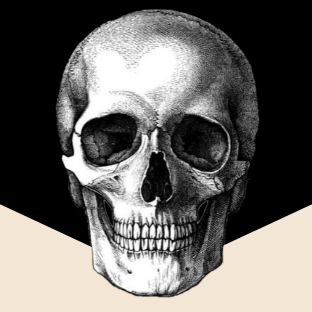
Truman Warner served in World War II as a medic. He then went on to a career as a professor, author, and historian. He captured much of the war in his photos and clippings. All of these materials have since been preserved in a digital archive at Western Connecticut State University (WCSU).
“The scrapbook had decayed substantially…” That one line, taken from the Truman Warner Collection, sums up much of what it means to work with primary sources. Decay, the natural way of things, forever works against us as we try to preserve reminders of the past. It works especially fast on paper and people, both of which we need to make sense of our history.
In Warner’s case, we benefit from the meticulous organization of his wartime experience. The collection might not exist if he’d returned from the war, stuffed all his memories into a few old shoe boxes, and committed it all to the depths of some attic, interred beneath successive waves of life’s accumulations—kids’ forgotten toys, retired luggage, and more and more shoeboxes with photos curling inside. Combine this with the decay of the primary human source—illnesses, old age, hearing loss, etc.—and the archival project seems fated to be incomplete. Such was my experience, anyway.
A few years ago, I had envisioned an elaborate exhibit reflecting my grandfather’s World War II experience: uniforms, medals, souvenirs, photos, a recorded interview. I wanted to single-handedly curate something fit for display at the National Museum of American History (I actually contacted them in advance. No reply came.)

I quickly learned the power of time, and my plan eroded. His uniforms were gone. He had earned only one medal, a ribbon actually, for his service in the European theater. I donned a dust mask and headlamp and crawled on my belly across 300 square feet of forgotten things in his attic. Not a souvenir in sight.
I did find that shoebox of photos, many of them brittle, fading, or featuring as their subjects people I’d never seen, or at least could not recognize in their youth. Many were unlabeled except for: Italy, 1944. And I found his journal, which summarized in reflection the time he spent from the invasion until he was shipped to England.
My grandfather was ninety when I conducted my brief research, in good health considering his age, but functionally deaf. His friends were gone, all twelve siblings dead, my grandmother in the last stages of Alzheimer’s. There would be no interview, nor any chance to get some context or explanation from him or secondary sources. All I could do was transcribe and interpret and present a few scanned slides of his “collection.”
In the process of recovering the past, I learned—as perhaps Truman, as a historian, had known from the start: if your past is to survive into another generation’s present, you must share it openly. For the things we try to save by storing them, are often destroyed in the saving, leaving us with boxes of dust.
Brian Lance
Contributor
